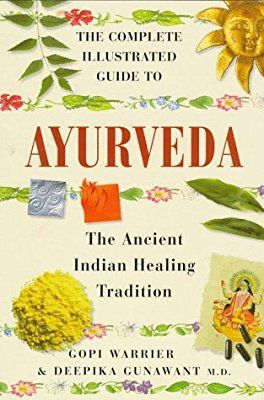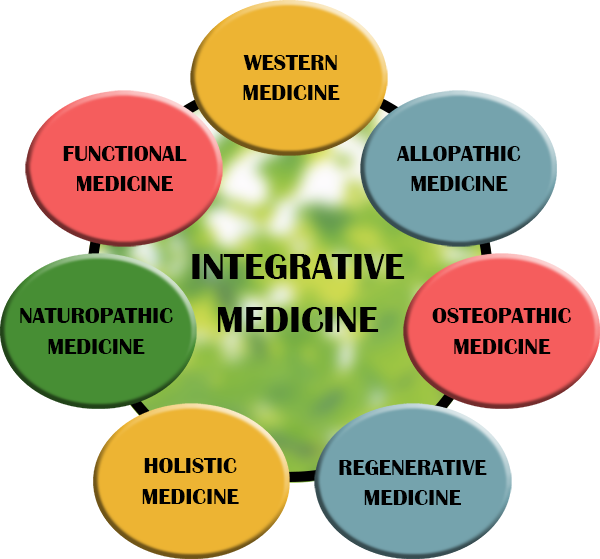Ayurveda, dating back over 5,000 years, is an ancient healing system that originated in India. It is a holistic approach to health and wellness, focusing on balancing the mind, body, and spirit. The word "Ayurveda" is derived from the Sanskrit words "ayur" meaning life and "veda" meaning knowledge. Thus, Ayurveda can be seen as the knowledge of life.
The Concept of Doshas
Ayurveda believes that each person is made up of a unique combination of three doshas, which are biological energies – Vata, Pitta, and Kapha. These doshas govern different functions in the body and when in balance, promote good health. However, imbalances in the doshas lead to various ailments and diseases.
Vata Dosha
The Vata Dosha is characterized by qualities of air and space. When in balance, individuals with dominant Vata dosha tend to be creative, energetic, and lively. However, an excess of Vata can lead to issues like anxiety, insomnia, and digestive problems.
Pitta Dosha
The Pitta Dosha represents the elements of fire and water. People with a dominant Pitta dosha tend to have a strong metabolism, good digestion, and a focused mind. However, an imbalance can cause anger, irritability, and inflammation-related conditions.
Kapha Dosha
The Kapha Dosha symbolizes earth and water. Individuals with dominant Kapha dosha typically have a strong build, are calm, and have excellent endurance. However, an excess of Kapha can lead to weight gain, sluggishness, and depression.
Treatment Modalities in Ayurveda
Ayurveda uses a combination of treatments to address imbalances in individual doshas and promote overall well-being. Some of the popular treatment modalities include:
1. Panchakarma
Panchakarma is a cleansing and rejuvenating process that involves five actions aimed at eliminating toxins and restoring balance. It includes therapies like massage, steam treatments, and herbal enemas.
2. Ayurvedic Massage
Various types of massages using specific oils are used to promote relaxation, balance doshas, improve circulation, and enhance overall health.
3. Herbal Remedies
Ayurvedic practitioners prescribe herbal supplements and remedies tailored to individual doshas to address specific health issues and promote well-being.
4. Yoga and Meditation
Yoga and meditation are essential components of Ayurveda, focusing on bringing harmony to the mind, body, and spirit. These practices improve flexibility, relieve stress, and enhance overall vitality.
Ayurveda and Modern Medicine
Ayurveda's holistic approach to healthcare is gaining popularity in the modern world, where conventional medicine often focuses on symptom management. Ayurveda emphasizes prevention rather than cure, seeking to bring balance to individuals by addressing the root cause of ailments. Many Ayurvedic practices and principles have been incorporated into complementary and alternative medicine systems worldwide. However, it is crucial to consult trained and certified Ayurvedic practitioners to ensure safe and appropriate treatment.
The Benefits of Ayurveda
Ayurveda offers numerous benefits for individuals seeking holistic healing. Some of the key advantages include:
1. Personalized Approach
Ayurveda recognizes that each person is unique, and treatment plans are personalized according to individual needs, dosha imbalances, and overall health goals.
2. Natural and Sustainable
Being rooted in nature, Ayurveda primarily uses herbal remedies, dietary changes, and lifestyle modifications to promote healing. It encourages individuals to make sustainable choices for long-term well-being.
3. Stress Reduction
Through practices like yoga, meditation, and relaxation techniques, Ayurveda helps reduce stress levels, leading to improved mental and emotional well-being.
4. Enhanced Digestion and Immunity
Ayurvedic dietary recommendations and herbal supplements can improve digestion, strengthen the immune system, and prevent numerous chronic diseases.
5. Integrative Approach
Ayurveda can be integrated with other treatment modalities, including modern medicine, to provide comprehensive and holistic healthcare solutions.
In Conclusion
Ayurveda provides a holistic healing approach that addresses the mind, body, and spirit, enabling individuals to achieve optimal health and well-being. With its ancient wisdom, personalized treatments, and focus on natural remedies, Ayurveda continues to transform lives and bring balance to people worldwide.


